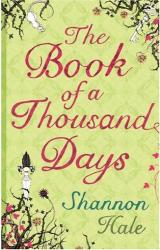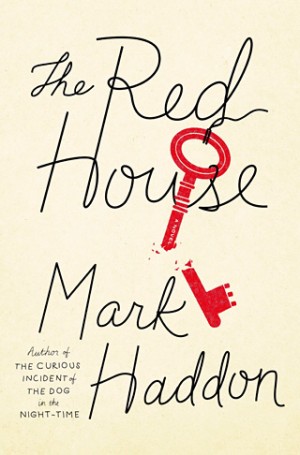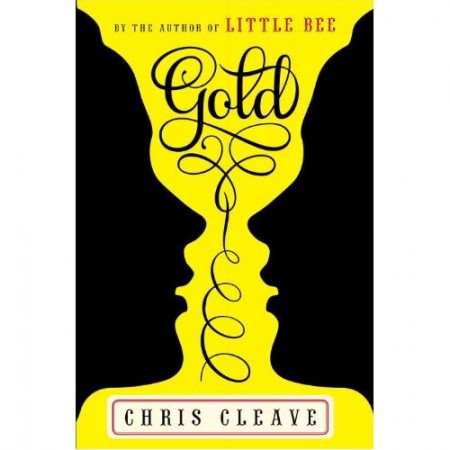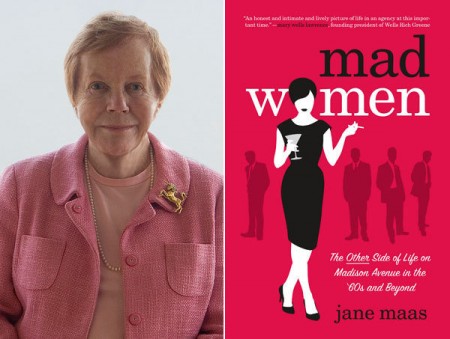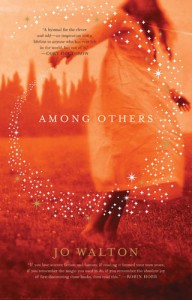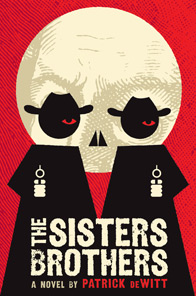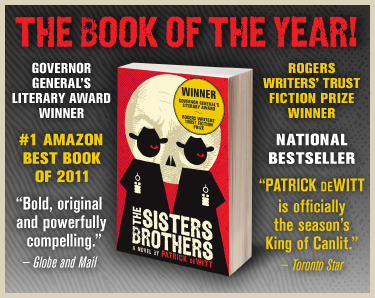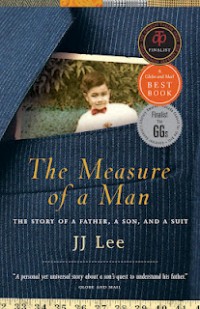
I recently read The Measure of a Man: The Story of a Father, a Son, and a Suit as part of the Vancouver Sun Book Club and was deeply impressed with JJ Lee’s ability to weave his personal story with the history of menswear. In books where there are two parallel stories, I often find that they do run parallel and I favour one over the other, but here the two are interconnected in a way that moves both stories along nicely.
The Measure of a Man is great for women readers who are interested in a memoir about family relationships as well as curious about men’s fashion. JJ offers lots of little insights into why certain buttons are buttoned or not buttoned and where women go wrong in “helping” men with their wardrobe. And it’s great for men who might be drawn to the sartorial education provided in the pages but also curious about how the suit makes the man and how the anxieties of trying to measure up or measure yourself against your father are faced in this particular story.
The opening of this memoir is a great setup to the story. Perhaps it’s because JJ Lee is so practiced at telling this story. He tailored it first to be a radio documentary and also a series of talks, including this one I attended at Interesting Vancouver.
JJ Lee @Interesting Vancouver 2010 from Interesting Vancouver on Vimeo.
Just like the suit JJ is breaking down and restructuring, the memories of his father are like suit seams being sewn and ripped and sewn again.
The Meaning of a Man
Quote: As the suit has evolved over the last four centuries, moving from the tailcoat and morning coat (both short in the front and long in the back) to the long-skirted frock coat (imagine Abraham Lincoln) to the lounge suit (essentially our modern-day suit), it has accumulated layers of meaning, signifying different things to different people at different times. The suit has baggage. It carries the weight of male history and shifting ideas of manhood and fatherhood, success and failure, class and beauty.
From birthday suit to funeral suit, Lee uses his father’s suit to talk about what makes a man, specifically what made his father who he is and what makes JJ Lee who he is today.
During our Vancouver Sun live chat on March 16, JJ said:
Quote: It’s a weird book in some ways. Many people see it a fashion book and others see it as a family memoir but I suppose my point was the sartorial lessons are part of the male relationship and that it has its echoes through history.
Early on in the story, JJ Lee introduces readers to his father, who was raised by grandparents in Sherbrooke, married young and became a successful restaurant owner. JJ’s father worked hard for his place in the world. “Even then he liked clothes and was searching for how clothes could make the man. I see his ambition.”
But things bottom out for the Lee family when JJ’s father starts drinking too much, starts abusing his wife and the children, and then loses the house after a series of failed business ventures.
As we get deeper into the book, Lee’s nerve to tackle the suit matches the determination he’s mustered to tackle the memories of his father. And they are not at all good.
Quote: I’ve burrowed the blade deep enough into the seam to begin cutting the threads, which offer the same meaty resistance as when I slide a knife through the joint of a chicken thigh. Inside I find more of the alarming spewing guts of the suit: thin wafters of synthetic material are stacked to make the shoulder pad.
The suit might look good to the non-tailor, but a true tailor can see its faults. The sloppiness. The falsities trumped up so that together they appear to be greater than they are. The suit offers a wonderful metaphor for JJ’s memories of his father.
But it’s not a dower read. For example, in cutting out the bad in the suit, JJ makes a novice mistake. He’s taken out the shoulder padding and restitched the sleeves to the suit only to discover, “my head looks enormous.”
There’s an absurdity to the childhood memories that needs to be massaged into something more mature, something less distorted.
The Scent of a Man
Scent plays a strong role in JJ’s story. The suit itself smells of vanilla, cigarettes, and sweat. JJ Lee describes having a visceral reaction, a flood of memory. Perhaps my interest in perfume sold me on Measure of a Man.
Quote: In A Natural History of the Senses Diane Ackerman writes, ‘Nothing is more memorable than a smell. One scent can be unexpected, momentary and fleeting, yet conjure up a childhood summer beside a lake in the mountains; another, a moonlit beach; a third, a family dinner of pot roast and sweet potatoes during a myrtle-mad August in a Midwestern town. Smells detonate softly in our memory like poignant land mines hidden under the weedy mass of years. Hit a tripwire of smell and memories explode all at once. A complex vision leaps out of the undergrowth.’
On trying to gather pieces of knowledge and stitch them together, JJ says:
Quote: I will map its terrain; lapels, notches, side pockets, buttons, sleeves, die seams, and vents will be its features. Some I will alter. Others I will leave along. And maybe, like a construction crew trying to get a job done in Jerusalem, I will stumble upon the ruins of my father and they will tell me something about out downfall, the tumult he brought upon himself, our family, and me.
Lee is not cut out to be a tailor but he’s a good storyteller.
During his first foray as apprentice with Bill Wong of Modernize Tailors (still operating in Vancouver), JJ Lee is instructed to sew a set of parallel lines then turn the material around 90 degrees and stop the machine when he reaches a line. Bill quickly shoos JJ off the machine and in expert fashion writes “JJ Learn to Sew” in perfect cursive over-stitching. I love it.
Much of the sartorial education JJ shares with us in the book is on the history of the suit, the right way to wear a suit and the prominence or decline of particular suit designs.
For example, a true tailor will call the turning of the lapel from the inside out the “roll.” Done properly, labels don’t fold, they roll out, blooming like a flower petal. “They are wool labia opening out with an irresistible lushness”. It’s fascinating to think of the suit, with its start as a suit of armour, having a feminine opening, which is usually adorn with phallic shaped tie.
So lets talk about manly men! JJ recounts The Beatles debut on the Ed Sullivan Show in February 1964 and how it was also a debut of The Beatles iconic suits. The strong diagonals of the lapels, the shirt collars, the narrow ties that matched the dynamism and energy of the music and the men themselves. JJ has a way of making fashion iconic just in his recollections of sartorial moments in history.
Midway through we’re introduced to a series of famous tailors, including David Wilkes, who is an anomaly because he went to school to be a tailor. Raised in Dartmouth, NS, David wanted to be a tailor since he was fourteen. He enrolled in Dalhousie’s costume design program then after graduating continued to apprentice through autodidactic means using manuscripts and works from as early as the 1700s. (Darren: Sounds like something you’d do.)
In addition, there’s Hedi Slimane who in 1997 became the head designer for Yves Saint Laurent’s ready-to-wear line for men called Rive Gauche and moved men’s fashion from the Armani cut (big and blousey in the front with the tight bottom in back) to the narrow shoulders and slimmed down cut of today.
And each of these tailors and suit designs play into JJ’s recollections of what was in his father’s wardrobe and how his father sized him up and found him wanting, and how JJ sized up his father and found him wanting as well.
What’s in the closet comes out in JJ’s tales of abuse at the hands of his drunken father but the memoir doesn’t end on a sour note. JJ uses architect Robert Venturi’s criticism of modern architecture in his 1966 work Complexity and Contradiction in Architecture to suggest that he too can adopt a “Both And” perspective. Venturi’s Both And phenomenon suggested that a building detail could be both good and awkward, big and little, closed and open, continuous and articulated …
Quote: My father’s suit can be my Mannerist edifice. It will remain Both-And. It doesn’t have to be perfect, it just has to be something of my father that is also for me.
Suits are like bras
Part way through JJ’s explanation of the lost approach men take to the suit, I realized that this is much like approach many women take to bra shopping.
JJ reminisces about how a man used to take his a son to a tailor for his first suit. Through the fitting, the boy learned about the shape of lapels, the cut of the jacket, the collar, and what worked for him. Without this early lesson, he is lost to find his fit later in life.
Seems much like girls going for their first bra fitting. This was likewise a more formal affair than it is today, which is probably why so many women wear bras that are ill-fitting and, like a suit gone wrong, look terrible to the trained eye.
Stitching It All Together
As we near the end of the exploration of the suit, and fathers and sons, JJ realizes that the suit is what it is. That the suit can be Both And is an acceptance of his relationship with his father and an understanding that the measure of a man does not have to be against his father.
I like that the story ends with JJ Lee completing the suit. I don’t think it’s a spoiler to say that, surely you too were hoping for a happy ending.
There is only the circle made by a tailor’s hand as he quietly pulls the thread that connects all the parts together.
A fantastic job, well done JJ Lee. Oh, and JJ says to watch for red jeans, they’re going to be all the rage.
